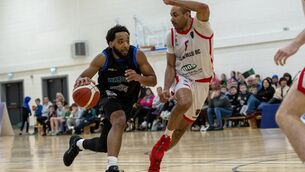Landis pleads for 'fair trial'
Floyd Landis does not blame those who believe he is a drugs cheat but has pleaded to be given “a fair trial”.
The American tested positive for illegal levels of testosterone during his Tour de France victory this summer and has had his winner’s cheque of around £300,000 withheld.














